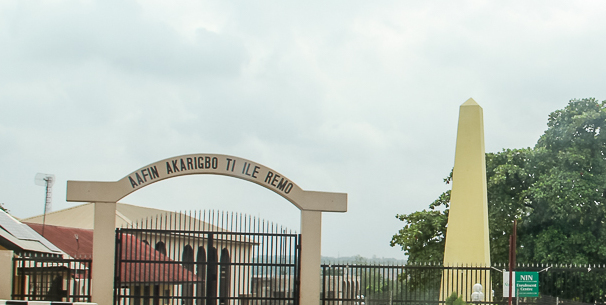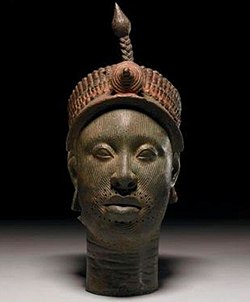This article needs additional citations for verification .(October 2008) |

| Part of a series on |
| Yorùbá people |
|---|
 |
Remo land is made up of some towns that included Makun, Offin, Ikenne and about thirty (30) other neighboring towns to Ijebu Kingdom in Nigeria. The capital is Sagamu which was settled in 1872 when thirteen towns congregated together for greater security. [1]
Remo land was initially settled roughly around the second half of the 15th century and they claimed their ancestry from Iremo in Ile Ife. [2] Although, there is a strong homogeneity in culture with their Ijebu Kingdom neighbor, they however considered themselves not part of Ijebu Kingdom at least based on recent history. [3] They have their own kingdom called Remo land with their own dominant ruling family since around the early 16th century. However, based on past history, there had been periods when they had been vassal kingdom to the Ijebu Kingdom but the Akarigbos had been distinct from the King of Ijebu kingdom from time immemorial
This is a list of the Akarigbos of Remo, the Oba or King of Remo Land